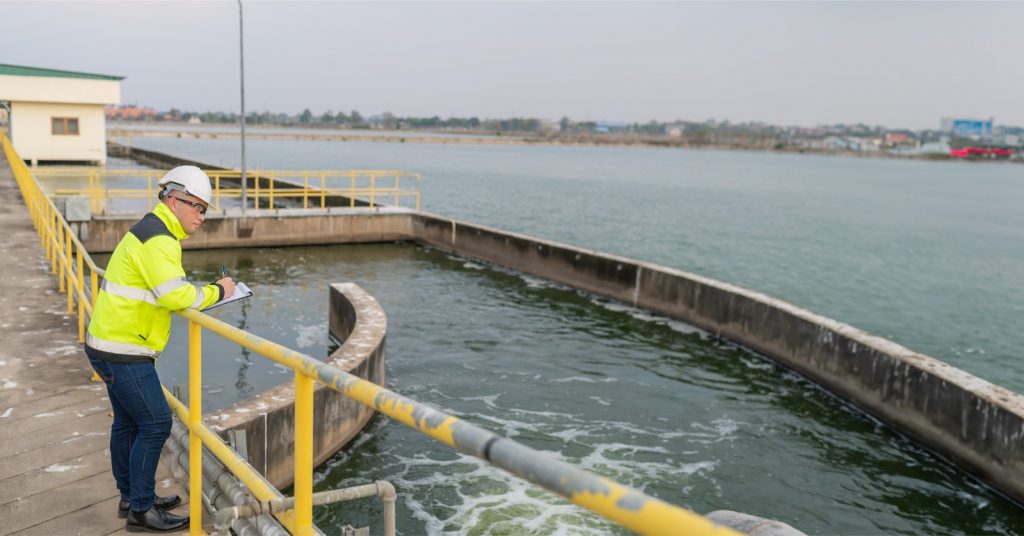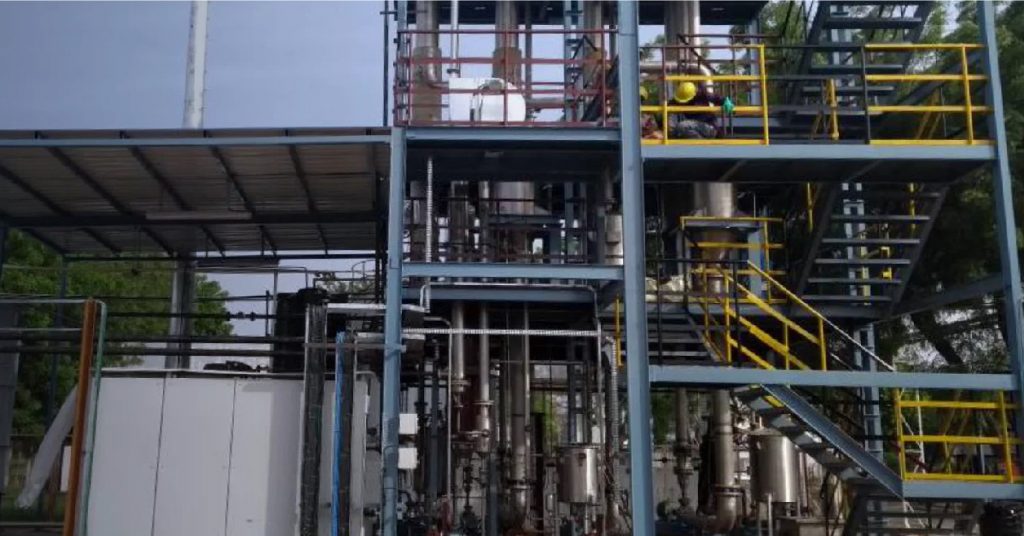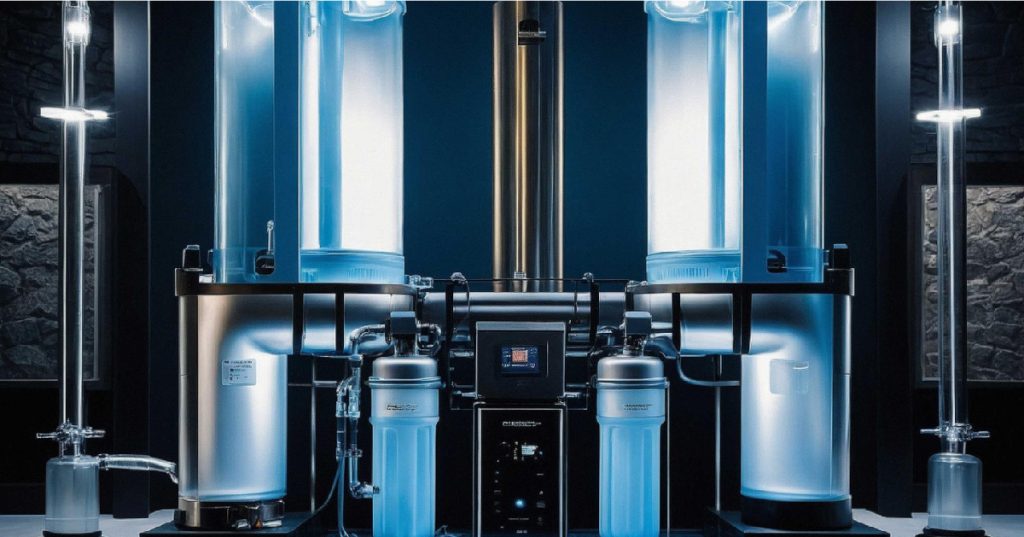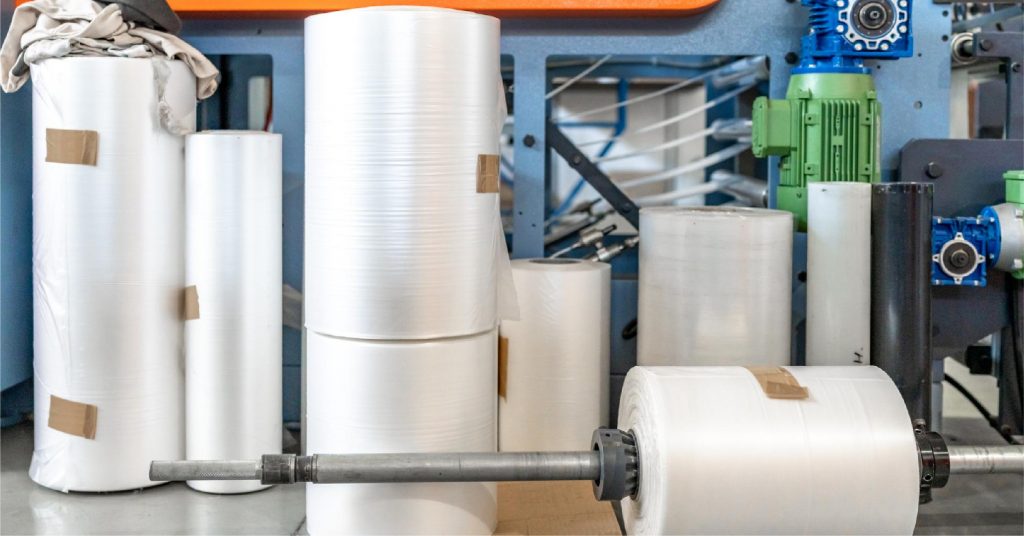Water quality in South Africa is a critical issue that directly impacts the health, economy, and environment of the country. With a growing population, industrial expansion, and increasing agricultural activities, the pressure on water resources has intensified, leading to significant challenges in maintaining water quality. This blog explores the current water quality challenges in South Africa, focusing on the factors affecting water quality, the state of drinking water, and the management practices aimed at addressing these issues.
Table of Contents
ToggleWater Quality in South Africa: An Overview
The quality of water in South Africa is influenced by various factors, including natural conditions and human activities. Some of these factors are mentioned below:
- Industrial activities, particularly in urban areas, contribute significantly to water pollution through the discharge of untreated or poorly treated wastewater into rivers and streams. These pollutants include heavy metals, chemicals, and other hazardous substances that degrade water quality and pose risks to human health and aquatic life.
- Agricultural runoff is another major contributor to the decline in water quality in South Africa. The use of fertilizers, pesticides, and herbicides in farming leads to the contamination of water bodies with nutrients and toxic chemicals.
- Urbanization also plays a significant role in deteriorating water quality. The rapid growth of cities has led to increased demand for water and the generation of more waste, much of which finds its way into water bodies.
- Climate change is another factor affecting water quality in South Africa. Changes in rainfall patterns, increased temperatures, and extreme weather events contribute to the variability and unpredictability of water quality. Droughts, in particular, can concentrate pollutants in water bodies, making the water more hazardous for consumption and use.
Drinking Water Quality in South Africa: Public Health Concerns
Drinking water quality in South Africa varies significantly between urban and rural areas. In urban centers, where water treatment infrastructure is more developed, the drinking water quality is generally better, although challenges remain.
Common contaminants found in drinking water in South Africa include pathogens, nitrates, heavy metals, and chemical residues. These contaminants can have serious health implications, particularly for vulnerable populations such as children, the elderly, and those with compromised immune systems. For example, high levels of nitrates in drinking water can lead to methemoglobinemia, or “blue baby syndrome,” in infants, while prolonged exposure to heavy metals like lead and mercury can cause severe neurological and developmental issues.
Water Quality Management in South Africa: Strategies and Solutions
Water quality management in South Africa involves a range of strategies and solutions aimed at protecting and improving water resources. The government, through the Department of Water and Sanitation, plays a central role in regulating water quality and ensuring compliance with environmental standards.
One of the key strategies in water quality management in South Africa is the implementation of Integrated Water Resource Management (IWRM) approaches. IWRM emphasizes the importance of maintaining a balance between water use and water conservation to ensure long-term water security.
Role of Ion Exchange in Improving Water Quality in South Africa
Ion Exchange is a leader in water treatment and purification solutions, playing a crucial role in improving water quality in South Africa. They offer a range of advanced water treatment technologies that are designed to address the specific water quality challenges faced in the country. From industrial water treatment to municipal water purification, Ion Exchange provides solutions that ensure safe and clean water for all.
Drinking Water Treatment
Ion Exchange, under its flagship brand ZeroB, is the pioneer of potable water treatment solutions in India. Our advanced drinking water treatment systems feature a range of purifiers that utilize cutting-edge technologies, including reverse osmosis, ultrafiltration membranes, electrochlorination, ozonation, and specialized resins. These solutions effectively purify both surface and groundwater, ensuring it meets the highest standards of safety and quality for drinking.
- Point-of-Use Purifiers for Homes (ZeroB)
- Water Treatment Systems for Institutions
- Rural & Community Water Treatment Systems
- Containerized Water Treatment Systems
Conclusion
Water quality in South Africa faces significant challenges, from pollution and industrial activities to inadequate infrastructure and climate change. Ensuring safe drinking water quality in South Africa requires a comprehensive approach that includes infrastructure development, effective water quality management, and community involvement. By adopting innovative solutions and effective management practices, it is possible to address these challenges and improve water quality in South Africa. The role of companies like Ion Exchange is critical in providing the technologies and expertise needed to achieve this goal.





